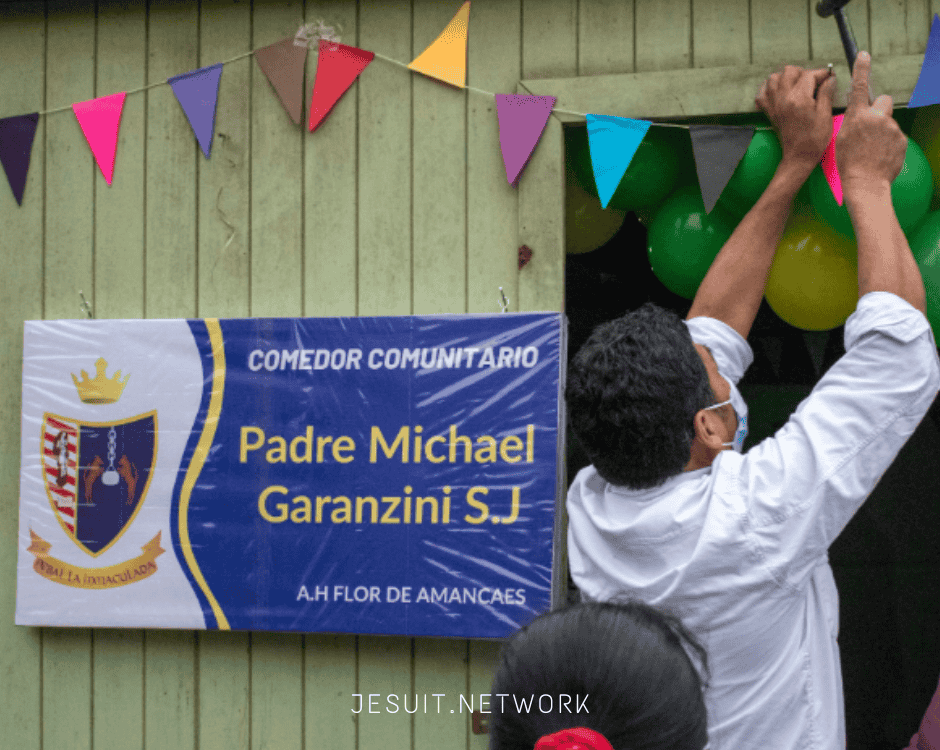Este sitio web utiliza cookies para que podamos ofrecerle la mejor experiencia de usuario posible. La información sobre cookies se almacena en su navegador y realiza funciones como reconocerle cuando vuelve a nuestro sitio web y ayudar a nuestro equipo a comprender qué secciones del sitio web le resultan más interesantes y útiles.
Xavier Network meets in Austria to boost its humanitarian response impact
The Jesuit Mission Offices and NGOs that form the Xavier Network held the first of two annual meetings in Vienna, Austria from 22nd to 24th March, 2017.
The Xavier Network is made up of thirteen jesuit organisations working on Mission and Development. These institutions share the same identity and approach to their understanding of solidarity and the promotion of justice in the world.
The Network not only serves to jointly respond to humanitarian emergencies (Nepal’s earthquake a clear example), but to also provide collaborators and donors with a single voice, as member organisations are able to together build a shared vision of a development issue. The Network’s joint actions also avoid duplicities among member organisations and allow for greater impact among the populations they are working alongside.
These thirteen organisations, who come not only from Europe but also Canada and Australia, met over two days to share the results of their common ventures towards emergencies and development programs. Among participants were National Directors of various NGOs and Mission Offices, an Executive Comittee and four working groups: emergencies, projects, volunteers and advocacy.
The first section of the meeting served to assess the current economic situation and the ways their incomes have stabilized over the past few years, as well as the renewal of the current Network website. Later, Dani Villanueva and John Guiney presented the two main Government documents generated from the General Congregation 36 and its further discussion.
Tom Smolich, International Director of the Jesuit Refugee Service, led a conversation introducing JRS’ current campaign, Mercy in Motion, and JRS’ current fields of action in places like South Sudan. He encouraged participants to promote global support among their initiatives and a higher coordination with JRS Europe on ideas such as the funding of a joint grant for emergencies response.
The meeting also covered a follow up of the main projects of the working groups, specially regarding emergencies and projects with strategic partners. Entreculturas and ALBOAN led the main common projects such as the mapping of Panamazonian SJ interventions and how South- South cooperation is being promoted through the Fe y Alegría network, an initially Latin American movement that now extends onto the African context.
The next meeting of the Network will take place in Madrid in September 2017.





